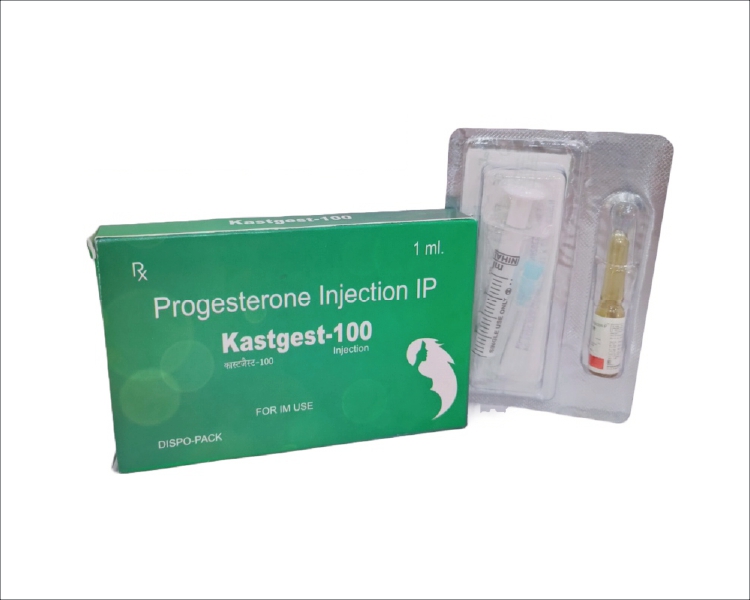-
 Open Hours: Mon- Sat 10:00 am - 06:30pm
Open Hours: Mon- Sat 10:00 am - 06:30pm
Rabeprazole I.V. Injection Manufacturer & Supplier | PCD Franchise in India
- Home
- INJECTABLE
- Rabeprazole I.V. Injection

Hydroxyprogesterone Caproate 250mg Injection
March 3, 2023
Clotrimazole Vaginal Gel
March 3, 2023
Rabeprazole I.V. Injection
₹130.00
MIGRAB-IV
Rabeprazole I.V. Injection is a medication used to treat conditions related to excessive stomach acid production, such as gastroesophageal reflux disease (GERD) and stomach ulcers. Administered intravenously, it delivers the drug directly into the bloodstream, providing fast relief. Rabeprazole belongs to a class of drugs called proton pump inhibitors, which reduce stomach acid by inhibiting acid-producing pumps in the stomach lining. This helps alleviate symptoms like heartburn, acid regurgitation, and pain. However, as with any medication, potential side effects and interactions should be considered. Consulting a healthcare professional before use is essential for proper guidance and safe administration.
Benefits of Using Rabeprazole I.V. Injection
Rabeprazole I.V. Injection offers swift and effective relief for individuals suffering from excessive stomach acid-related issues like gastroesophageal reflux disease (GERD) and stomach ulcers. Administered intravenously, it ensures rapid absorption into the bloodstream, delivering prompt symptom alleviation. By inhibiting stomach acid production, it minimizes discomfort caused by heartburn, acid regurgitation, and pain. This method is particularly advantageous for patients who are unable to take oral medications due to conditions like nausea or difficulty swallowing. Nonetheless, cautious use under medical guidance is vital to manage potential side effects and interactions for optimal results.
How to Use Rabeprazole I.V. Injection
To use Rabeprazole I.V. Injection, a healthcare professional administers it directly into a vein, usually over a short period. The dosage and frequency depend on the individual’s condition and the doctor’s instructions. The injection should be given as prescribed, typically once daily. Since it’s a medical procedure, only trained personnel should handle and administer the injection. It’s crucial to adhere to the prescribed regimen, and any concerns should be discussed with the healthcare provider.
How Rabeprazole I.V. Injection Works
Rabeprazole I.V. Injection operates by inhibiting the proton pump in the stomach’s lining, a crucial element in acid production. It belongs to the proton pump inhibitor class of drugs. Once injected into the bloodstream, it swiftly reaches the stomach’s acid-producing cells. By binding to the proton pump, it curtails the secretion of gastric acid into the stomach, significantly reducing acidity levels. This effectively alleviates symptoms associated with excessive stomach acid, such as heartburn and acid reflux. Rabeprazole’s rapid action and potent acid-suppressing ability make it a valuable intervention for conditions like gastroesophageal reflux disease and ulcers.
Precautions While Using Rabeprazole I.V. Injection
When using Rabeprazole I.V. Injection, certain precautions are essential. Inform your healthcare provider about any allergies, medical conditions, or medications you’re taking. Regularly monitor your response to the treatment and report any unusual side effects promptly. Avoid alcohol and certain medications that can interact with Rabeprazole. Prolonged or inappropriate use should be avoided. Always have the injection administered by a healthcare professional. Prior consultation and adherence to medical guidance are vital for safe and effective usage.
Side Effects of Using Rabeprazole I.V. Injection
Rabeprazole I.V. Injection can have potential side effects. Common ones include headache, nausea, and stomach pain. In some cases, more serious effects like allergic reactions, severe stomach pain, or signs of low magnesium levels (such as muscle spasms) might occur. Long-term use slightly increases the risk of bone fractures and Clostridium difficile-associated diarrhea. Rarely, it could lead to kidney problems. If any unusual or severe symptoms arise, seek medical attention immediately. Careful usage under a healthcare provider’s guidance is crucial to mitigate risks and ensure the benefits of the medication outweigh potential side effects.
| PACKING | single |
|---|---|
| Composition | Rabeprazole 20mg I.V. Injection |
Related products
-
Iron Sucrose 100mg Injection
₹280.00 -
Diclofenac Injection
₹22.00








 Call Us Number +9570599567
Call Us Number +9570599567 Get PCD Pharma Distributorship
Get PCD Pharma Distributorship
